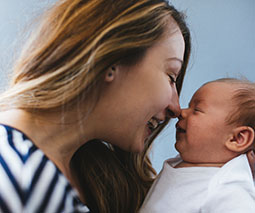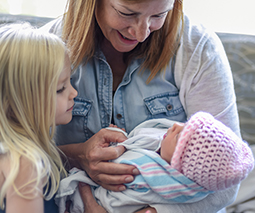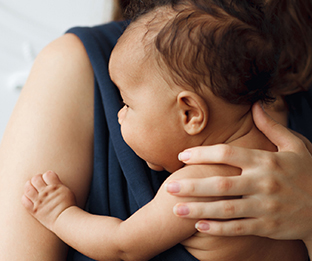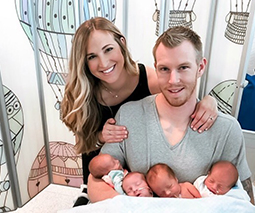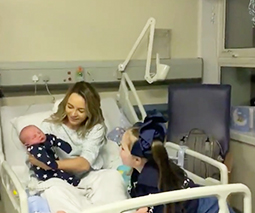Happiness on hold: Why don’t newborn babies smile?
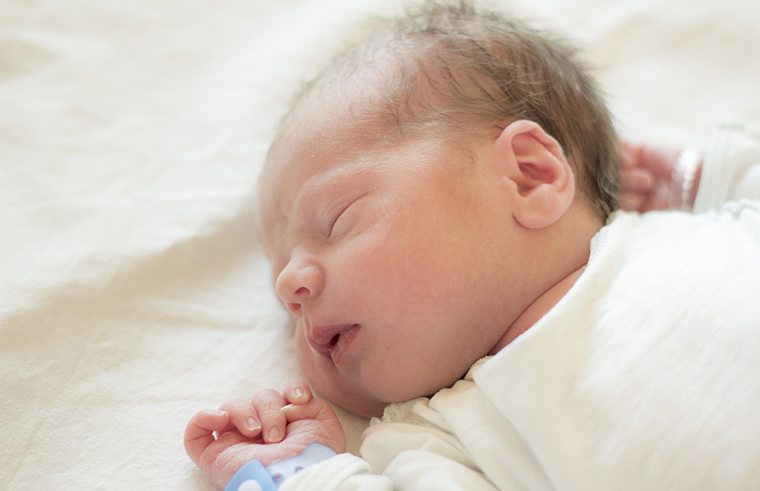
In the first weeks and months of life, babies very clearly let us know when things aren’t going well for them. They can twist and turn their face into a grimace or frown, bleat their discomfort and cry at the drop of a hat.
Happiness takes time
Expressing approval, and indeed joy or happiness, comes later though, and there are some interesting theories on why those delicious but hard-won smiles take longer to show up. (And to be clear we’re not talking about accidental wind-fuelled smiles here!)
An article published in Scientific American sheds more light on slow-to-smile bubs. In his piece, psychiatrist Daniel Barron suggests that while “brain networks responsible for sight, touch, hearing and movement were well-formed at birth” those that govern other functions – like registering happiness – are still a work-in-progress.
Babies may learn to recognise happiness later
Daniel points out that ‘happiness’ may also partly rely on using our experiences and memories as touchstones. He spoke to some other science-y dads about how babies’ brains slowly become wired for happiness in the weeks and months after birth.
One theory they floated was that something called ‘self-referential thinking’ helps us determine happiness. Self-referential thinking allows humans to reflect on or make sense of how they’re feeling.
“Being happy requires a fair amount of self-referential thinking,” Dustin Scheinost, a dad and assistant professor with appointments in the Department of Radiology and Biomedical Imaging and Yale’s Child Study Center suggested in the Scientific American article.
“Being in pain or being unhappy doesn’t require that in the same way … To be happy, you have to know that you’re happy,” Dustin suggested.
“A lot of [babies’] unhappiness initially isn’t really un-happiness but rather low-level feelings like ‘I’m hungry’ or ‘I’m wet.’ It’s not like ‘oh man, I would be really happy if I weren’t sitting in this wet diaper’.”
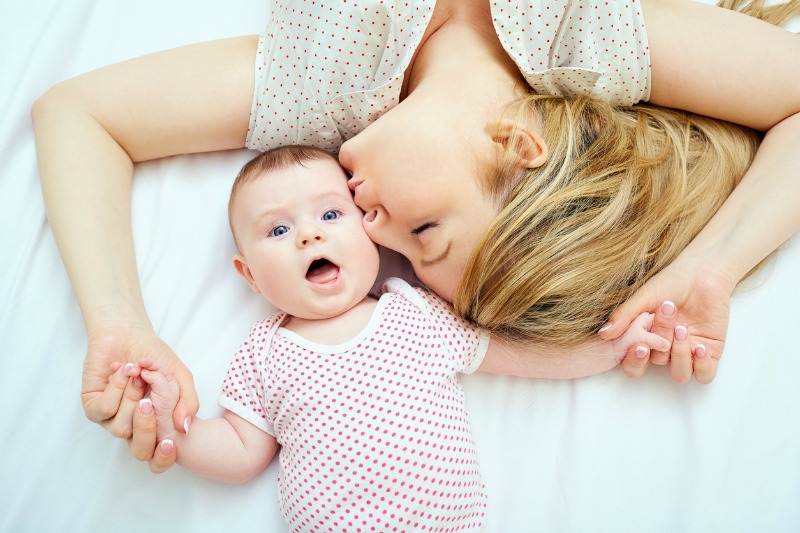
Connecting to happiness
This self-referential thinking is associated with a network in our brains called the default mode network. While this network seems to be in place at birth, it’s fine-tuned in the weeks and months that follow.
So if you think your baby has ‘sad’ totally mastered, while leaving ‘happy’ on the shelf, you’re kind of right!
Just know that science suggests it’s not of their doing – and that happy is on the way!
 Need some support to be the best parent you can be? Our Parent School parent coaching experts can help. Click to find out more or book a one-on-one session.
Need some support to be the best parent you can be? Our Parent School parent coaching experts can help. Click to find out more or book a one-on-one session.
